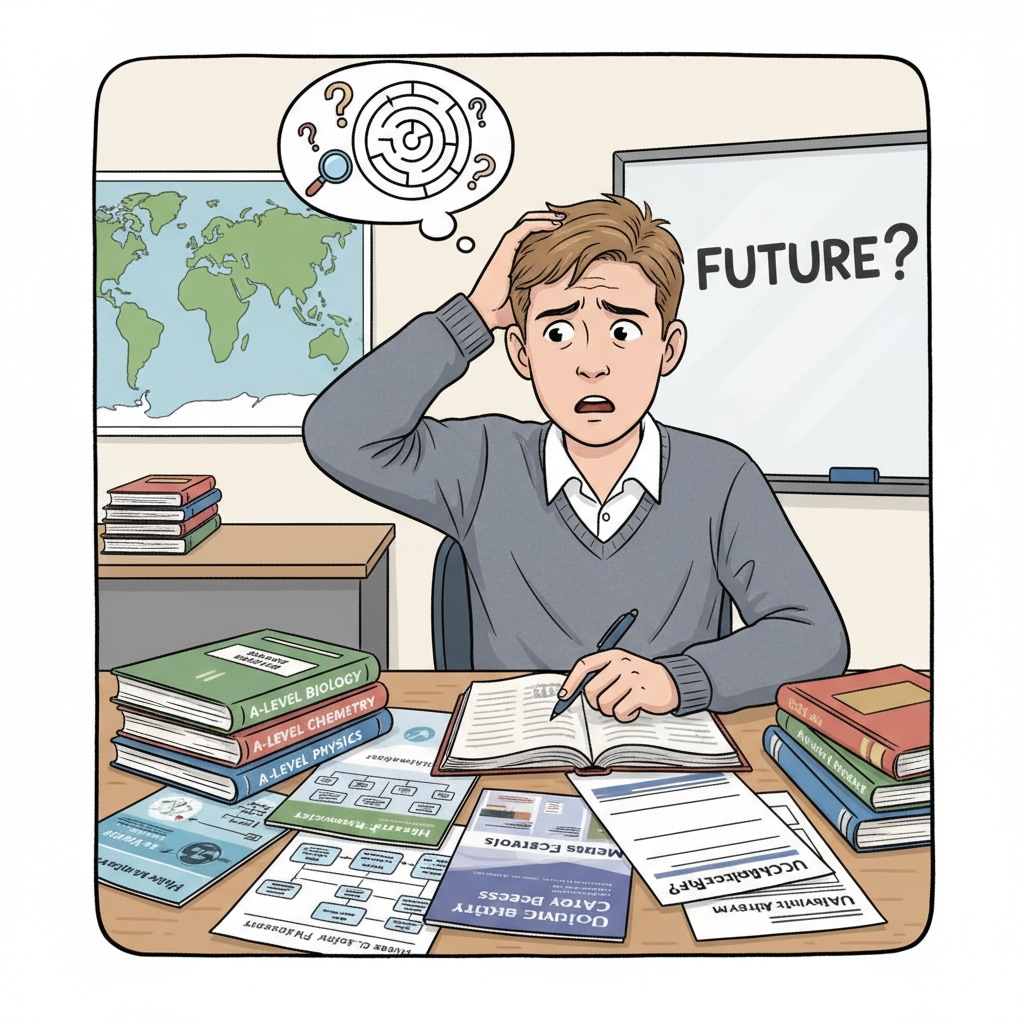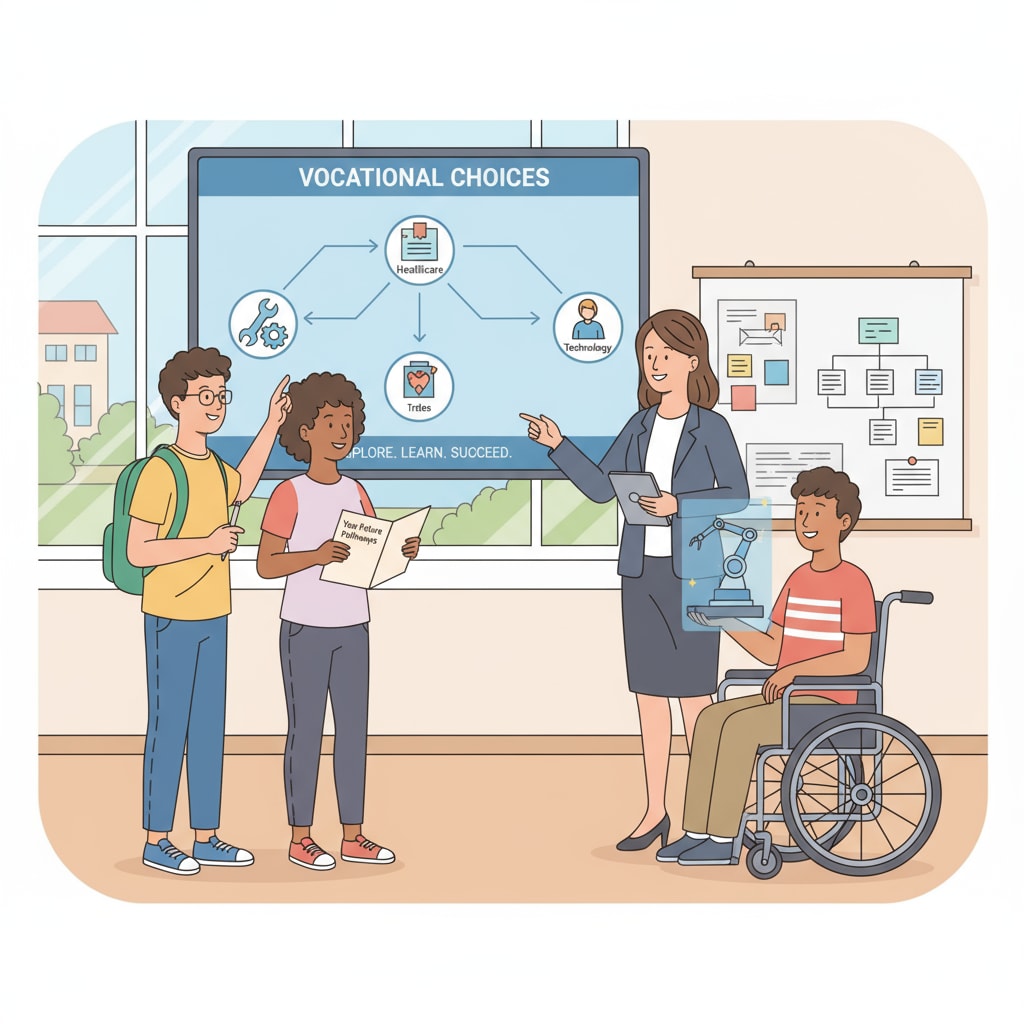Educational choices, A-level courses, computer science, and career planning are crucial aspects in the lives of students, especially those in the K12 stage. Take, for example, a 17-year-old British student who made a hasty decision to drop his A-level studies and pursue a career as a plumber. Little did he know that this choice would lead to a world of regret.

This case highlights the complex issues surrounding educational choices among teenagers.
The Allure of a Different Path
For many students, the traditional A-level route seems like a long and arduous journey. A-levels are a set of courses in the UK that are equivalent to the final two years of high school in many other countries. They are highly regarded for their academic rigor and are often a stepping stone to prestigious universities. However, some students, like our 17-year-old friend, are lured by the promise of a more hands-on and immediate career path. Plumbing, for instance, offers the prospect of earning money earlier and having a practical skill. In addition, the media often portrays certain vocational jobs as exciting and fulfilling, which can mislead students. A-level on Wikipedia

The Pitfalls of Hasty Decisions
Making hasty educational choices can have severe consequences. Our young student soon realized that the plumbing job was not as glamorous as he had imagined. The long hours, physically demanding work, and relatively low pay were not what he had in mind. Moreover, he missed out on the opportunity to study computer science, a field with vast career prospects. Computer science is a rapidly growing discipline that offers a wide range of job opportunities, from software development to artificial intelligence. His lack of proper career planning led him astray. As a result, he found himself in a difficult situation, regretting his decision to abandon A-levels. Computer science on Britannica
So, how can teenagers make more informed educational choices? First, they need to conduct in-depth research. This includes learning about different courses, such as A-levels, and understanding the career paths they lead to. Second, seeking advice from professionals, like career counselors, can provide valuable insights. These experts can help students evaluate their interests, skills, and goals. Finally, students should take the time to gain practical experience, such as internships or part-time jobs, to get a real feel for different occupations. By doing so, they can avoid making hasty decisions and set themselves on a more fulfilling career path.
Readability guidance: In this article, we’ve used short paragraphs to make the content more digestible. The lists help summarize key points. We’ve also kept the proportion of passive语态 low and used transition words like ‘however’, ‘in addition’, and ‘as a result’ to enhance the flow.


